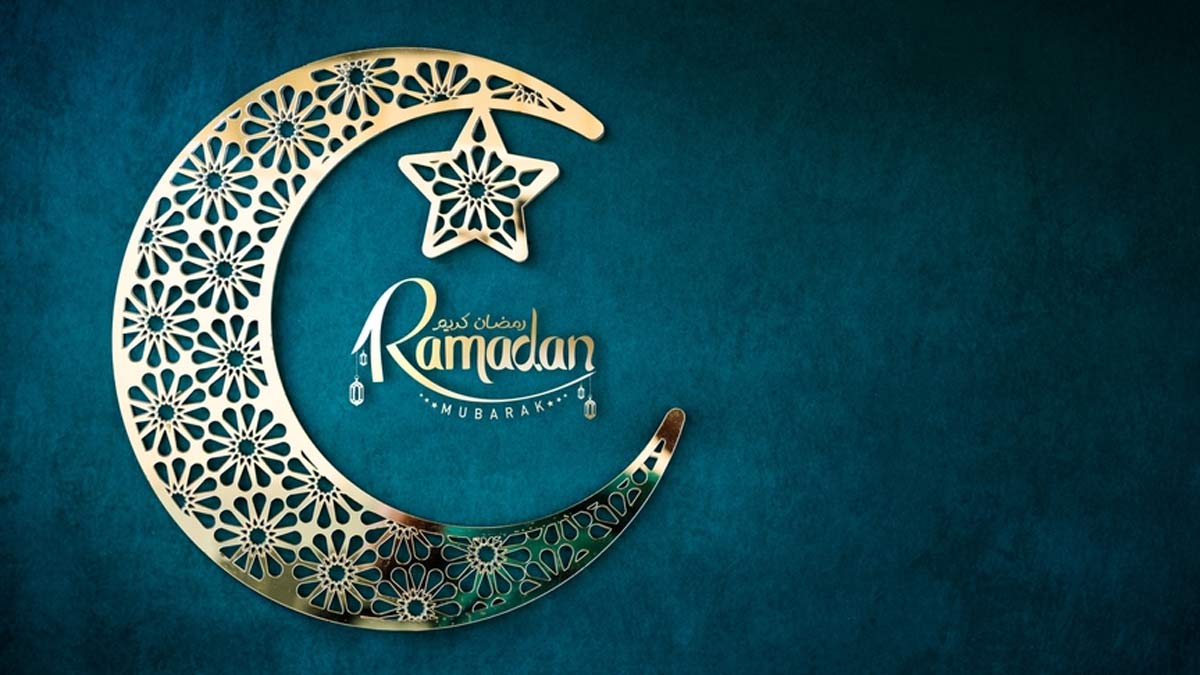
Ramadan is not an easy fasting ritual, as it involves more than 12 hours of fasting without food or even water. While fasting from sunrise to sunset is a central tenet of Ramadan, staying hydrated and nourished during non-fasting hours is equally important. That is why it becomes crucial for people observing this fast to have a healthy diet and lifestyle when they are allowed to eat and drink.
Table of Content:-
One crucial aspect of staying healthy during Ramadan fasting is staying hydrated throughout the day. This onus lies on the time from Iftaar to Sehri, as for the next 12 hours of the day, people can not drink any liquids, including water. Choosing the right drinks can help you stay refreshed and nourished throughout the day.
Talking to the team of OnlyMyHealth, Dr Aftab Ahmed, Senior Consultant, Physician, Apollo Hospital, Secunderabad, recommended, “Healthy drinks to consume in Ramadan are coconut water, buttermilk, watermelon juice, and water with chia seeds.” He added, “Avoid sugary drinks and caffeinated beverages.” Here is the reason behind each of these recommendations:

Coconut Water
Coconut water is a natural electrolyte-rich beverage that replenishes fluids and minerals lost during fasting. It's hydrating, low in calories, and provides essential nutrients like potassium and magnesium. In fact, a study that assessed the carbohydrate and electrolyte content of coconut water concluded that it ‘showed excellent rehydration index and blood glucose response.’
Buttermilk
Buttermilk, also known as chaas or lassi, is a probiotic-rich drink that aids digestion and supports gut health. The National Institute of Occupational Safety and Health called buttermilk as good as water for mitigating heat stress. It's cooling, and refreshing, and can be flavoured with herbs like mint or spices like cumin for added flavour.
Watermelon Juice
Watermelon juice is a hydrating and delicious option during Ramadan. According to the data provided by the United States Department of Agriculture (USDA), watermelon is high in water content, vitamins, and antioxidants, making it a refreshing choice to quench thirst and replenish nutrients.
Also Read: Ramadan 2024: Expert Lists Foods To Stay Hydrated During Non-Fasting Hours

Water with Chia Seeds
Adding chia seeds to water creates a hydrating and nutritious drink. As per USDA data, chia seeds are rich in fibre, omega-3 fatty acids, and antioxidants, providing a boost of energy and promoting satiety.
Avoid Sugary Drinks and Caffeinated Beverages
It's important to steer clear of sugary drinks like sodas, fruit juices with added sugars, and energy drinks during Ramadan. These beverages can cause spikes in blood sugar levels and lead to energy crashes.
Similarly, caffeinated beverages like coffee and tea should be consumed in moderation, especially during fasting hours. Excessive caffeine intake can cause dehydration and disrupt sleep patterns.
The choices you make regarding your beverage consumption during Ramadan can significantly impact your hydration, nutrient intake, and overall health. By prioritising hydrating drinks like coconut water, buttermilk, watermelon juice, and water with chia seeds, you can support your body's needs during fasting hours.
Also Read: The Science Behind Fasting, Expert Shares How Ramadan Fasting Affects the Body
As you embark on this spiritual journey of Ramadan, remember that nourishing your body with healthy and beneficial drinks is an integral part of fulfilling your religious duties while maintaining good health. May this Ramadan be a time of spiritual growth, mindfulness, and well-being for all.
Disclaimer: The information provided in this article is for educational purposes only and should not replace professional medical advice. Consult a healthcare provider for personalised guidance based on your health condition and fasting practices during Ramadan.
Also watch this video
How we keep this article up to date:
We work with experts and keep a close eye on the latest in health and wellness. Whenever there is a new research or helpful information, we update our articles with accurate and useful advice.
Current Version